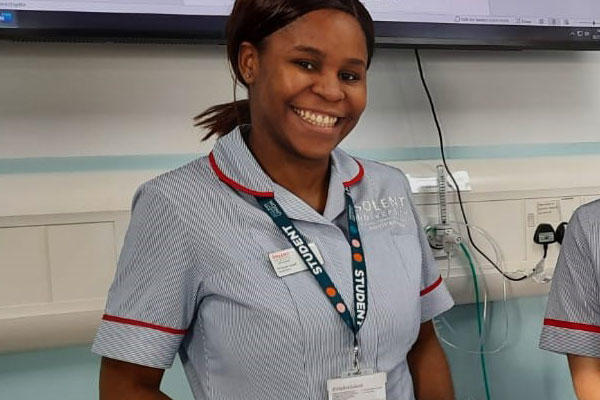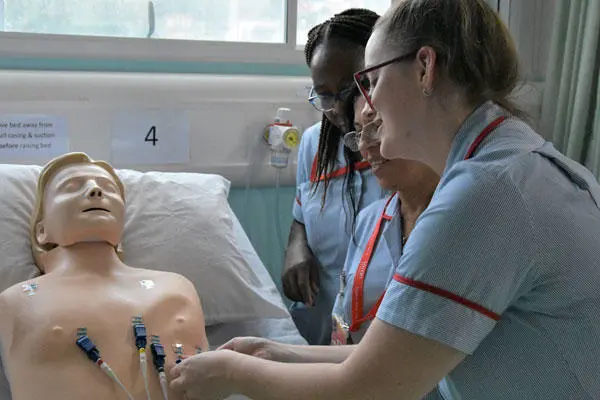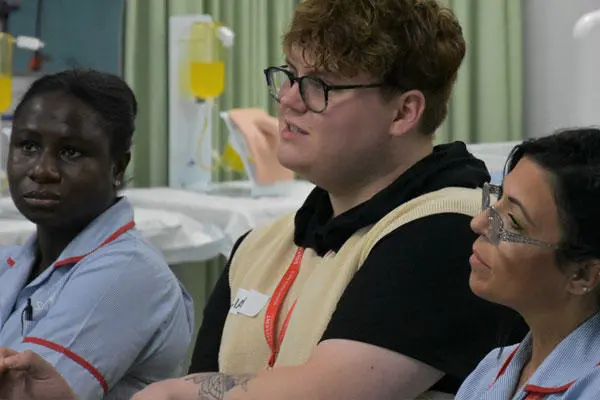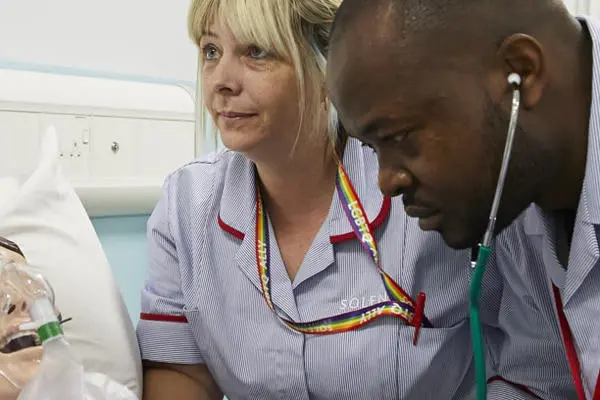- Home
- Courses
Find your course
BSc (Hons)
Applied Biomedical Science Apprenticeship
- Undergraduate
- Health and medical science
Apprenticeship
Assistant Practitioner (Health) Apprenticeship
- Undergraduate
- Health and medical science
BSc (Hons)
Biomedical Science
- Undergraduate
- Health and medical science
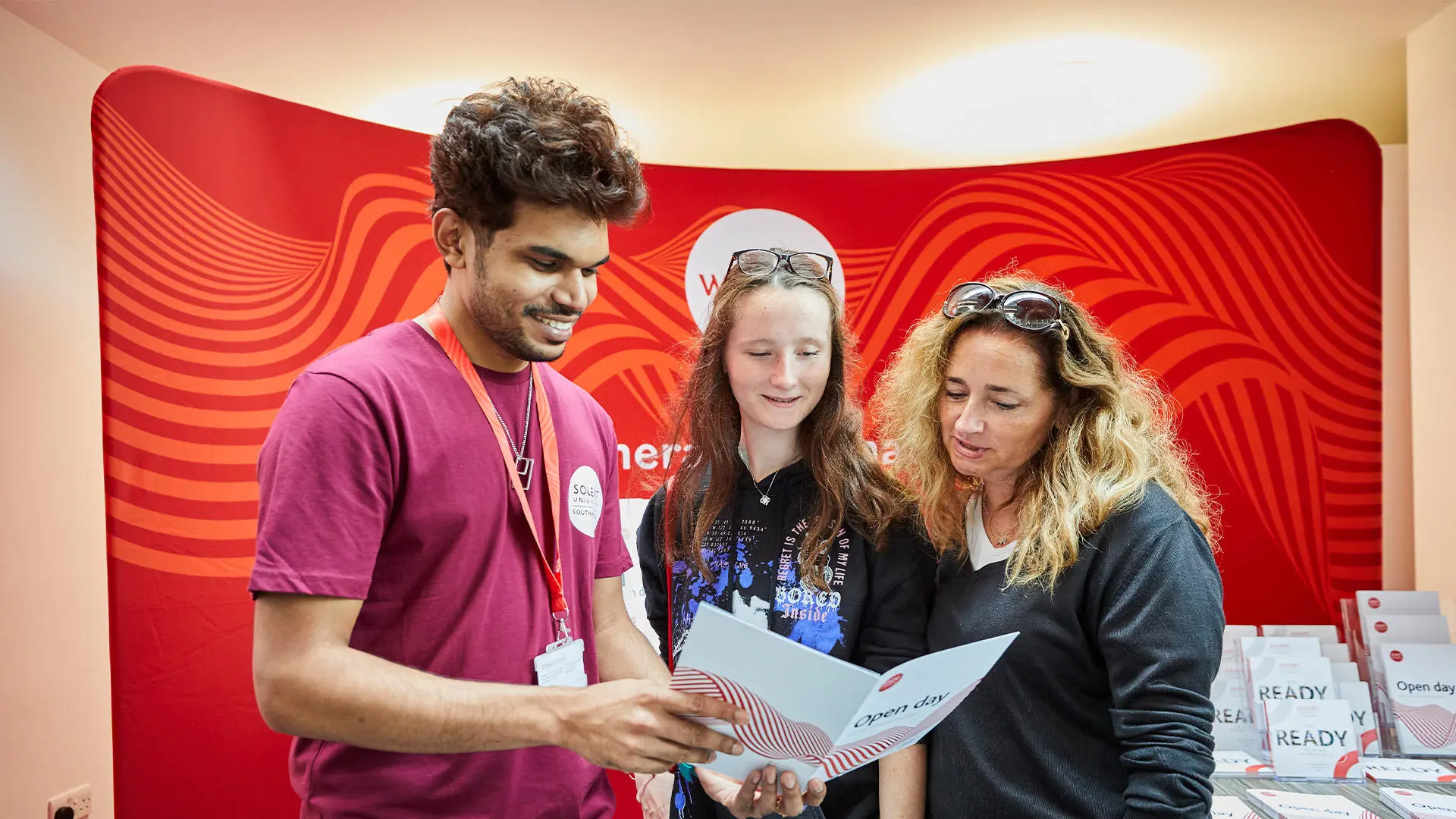
Book an open day
Experience life as a student at Solent. With course talks, campus tours, videos and more, you’ll find everything you need to know about studying at Solent University.
FdSc
Health and Social Care (Health Care Assistant Practitioner)
- Undergraduate
- Health and medical science
- Clearing open
FdSc
Health and Social Care (Nursing Associate)
- Undergraduate
- Health and medical science
- Clearing open
FdSc
Health Care Play Specialism
- Undergraduate
- Health and medical science
- Clearing open
Apprenticeship
Health Play Specialist Apprenticeship
- Undergraduate
- Health and medical science

